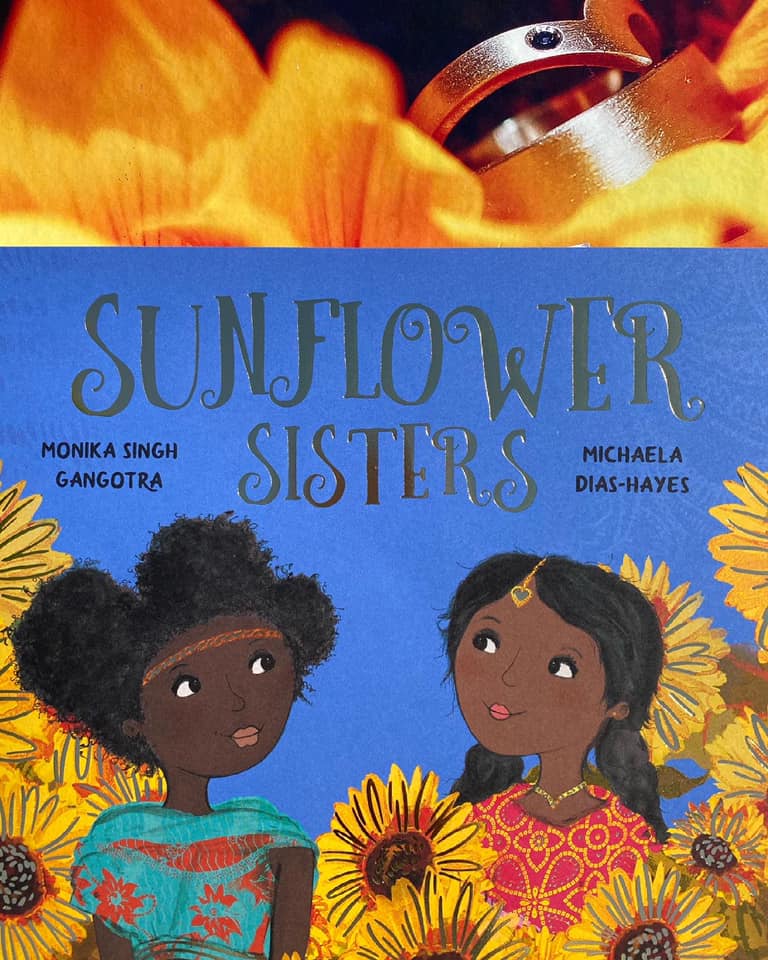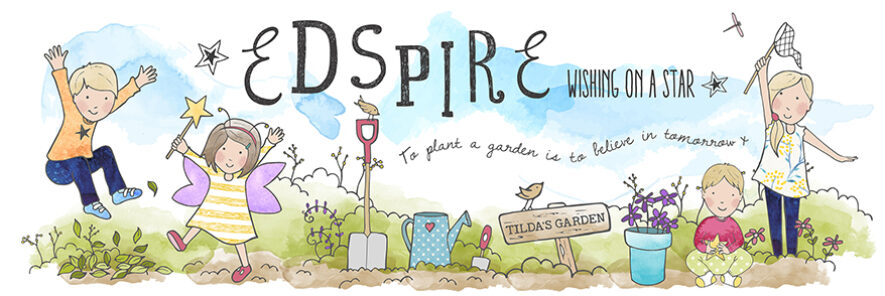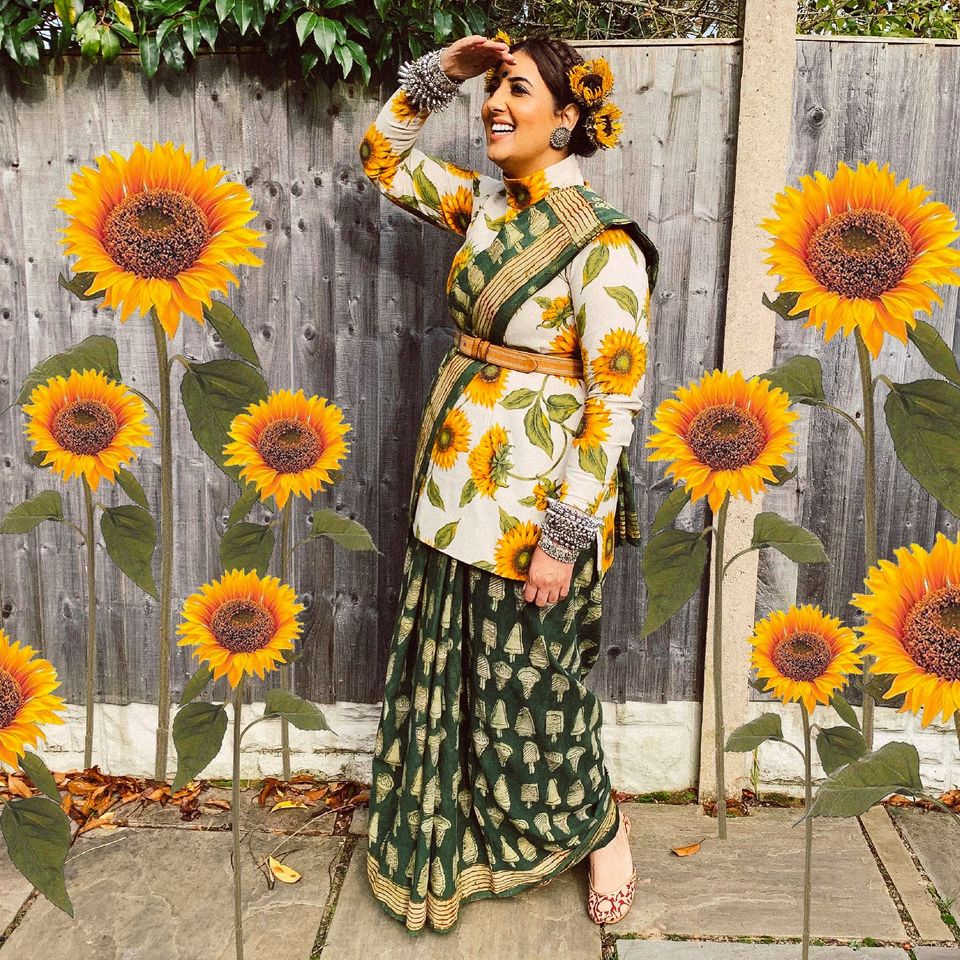Yesterday I posted our review of the stunning Sunflower Sisters

Today I am so honoured to be sharing a guest post from the author
Talking about the generations of women and girls in her story
Monika Singh Gangotra is the author of Sunflower Sisters, a new picture book from Owlet Press looking at colourism. Monika has experienced colourism throughout her life and now, as a mother she wants to “help change mindsets about beauty within our community and empower our children to carry this through to future generations. We are all beautiful, and the colour of our skin does not change that one bit.” The story centres around two young girls preparing for weddings in their families and combines a celebration of cultural traditions and customs with loving and empowering conversations between the generations of women which gently challenge outdated views of beauty and success. Here, Monika talks about the inspirations behind these female characters and what they represent…
Many of the female characters in the book are representative of my personal journey with colourism and self-love so far. Firstly, Amrita. I was also once a curious child who was open and free, listening, learning and questioning. Through my book, I want to highlight how important it is to have positive, kind and honest relationships at this young age as this is a crucial time in forming beliefs – in how you see yourself and others. I wanted Amrita to be surrounded with such support, especially from her mother and her best friend. Amrita is steered towards self-love by her mother who uses gentle honesty to answer Amrita’s questions with a focus on loving herself exactly the way she is.
Secondly, Jas (Amrita’s older sister) represents me as a young woman who is unsure of what is right and wrong. Manoeuvring relationships and being influenced by the opinions and views of elders out of respect, tradition and at times fear, whilst trying to find my own way into adulthood.
Finally, Amrita’s mum, which is where I am now. Secure in knowing that it is my responsibility to love and nurture my children, to be vocal about colourism to all those young and old, not to demonise them but to lovingly re-educate and to expose my children to positive self-love. Recognising this is a great responsibility and that my children will look to me to lead (The mother is the Sun and the daughter is the Sunflower).
Daddi (Amrita’s grandmother) and Aunty in the story are characters that have been developed from many women in my life’s journey. These characters were used to demonstrate the presence of colourism in our lives, how engrained in our culture those views of beauty and success are, and to also show that it is never too late for people to grow and understand the impact of their harmful views of colourism.
The women in my life have been instrumental in my journey of self-love. The views and practices that carry across generations without being questioned has been a major aspect of my life and I wanted to break that cycle by showing it can be done in a loving and empowering way, predominantly through the right representation and education.
There is immense beauty and strength within the transgenerational relationships in our lives, rooted in history, tradition and love. I feel it is time to use that richness to shape outdated views towards those that are more focused on inclusivity and encouraging self-love, especially when it comes to the colour of our skin. The generations of women in my life, as depicted in Sunflower Sisters, are incredibly influential and I believe they are the cornerstone of this much needed change.
Sunflower Sisters by Monika Singh Gangotra, illustrated by Michaela Dias-Hayes, is published by Owlet Press on 6th July 2021, £7.99 paperback.
www.owletpress.com


